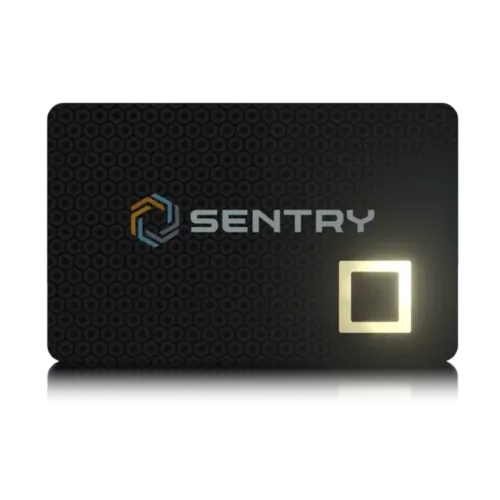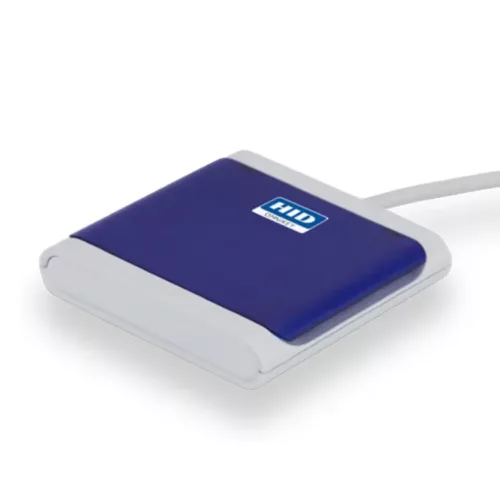A Load File Data Block Hash (LFDBH) is a security mechanism used in smart cards to protect the integrity of the data that is loaded onto the card.
In a smart card, data is stored in blocks, and the LFDBH is a cryptographic hash of the data block that contains the load file. This hash is calculated using a one-way function that takes the data as input and generates a fixed-length output, which serves as a unique fingerprint of the data.
When a load file is transferred to the smart card, the LFDBH is also transferred along with it. The card then verifies the integrity of the load file by calculating the hash of the received data block and comparing it with the LFDBH. If the two values match, then the data has not been tampered with during the transfer process, and it can be safely loaded onto the card.
The LFDBH provides a strong level of security, as it is computationally infeasible to generate two different sets of data that produce the same hash value. Therefore, if an attacker tries to modify the data in any way, the LFDBH will no longer match, and the card will reject the load file.
Related Products
Related Articles
GlobalPlatform Brings IoT Security to Nuremberg with SE IoT Technical Workshop
January 21, 2020 -- Able Device -- GlobalPlatform, the standard for secure digital services and devices, alongside prime sponsor Oracle and supporting sponsors STMicroelectronics and Able Device, is hosting a free technical workshop in Nuremberg on Thursday February 27, 2020. The full day
ePasslet Suite soon available on Infineon’s SECORA ID
Nov 14, 2019 -- ePasslet Suite v3 – cryptovision’s Java card framework for electronic ID documents – will be available in 2020 on SECORA™ ID, Infineon’s new Java card operating system. Using ePasslet Suite, users of SECORA™ ID can easily and flexibly
Infineon’s Secora™ ID accelerates eID project execution
Munich, Germany – 14 November 2019 – Electronic identification documents (eID) are high in demand worldwide. To address the evolving needs of the market in a fast and flexible manner, Infineon Technologies AG (FSE: IFX / OTCQX: IFNNY) has
STMicroelectronics has released the next generation of its STPay system-on-chip (SoC) payment solution
October 2019 -- STMicroelectronics has released the next generation of its STPay system-on-chip (SoC) payment solution, leveraging state-of-the-art technology to increase contactless performance and protection, reduce power demand, and significantly improve the user experience. A sample of "STPay-Topaz-1", the first
CardLogix Expands Applet Support for NXP JCOP 4 Java Cards
IRVINE, CA, October 11, 2019 – CardLogix is preparing clients for the official release of NXP’s latest generation Java Card OS, JCOP 4, smart cards with custom applet development and existing applet support. CardLogix helps software developers create applets
Infineon OPTIGA™ Trust M improves the security and performance of cloud connected devices and services
SINGAPORE, Sept. 3, 2019 /PRNewswire/ -- Hardware-based trust anchors are key for connected applications and smart services, whether for a robotic arm in the smart factory or automated air conditioning in a private home. The new OPTIGA™ Trust M solution from


